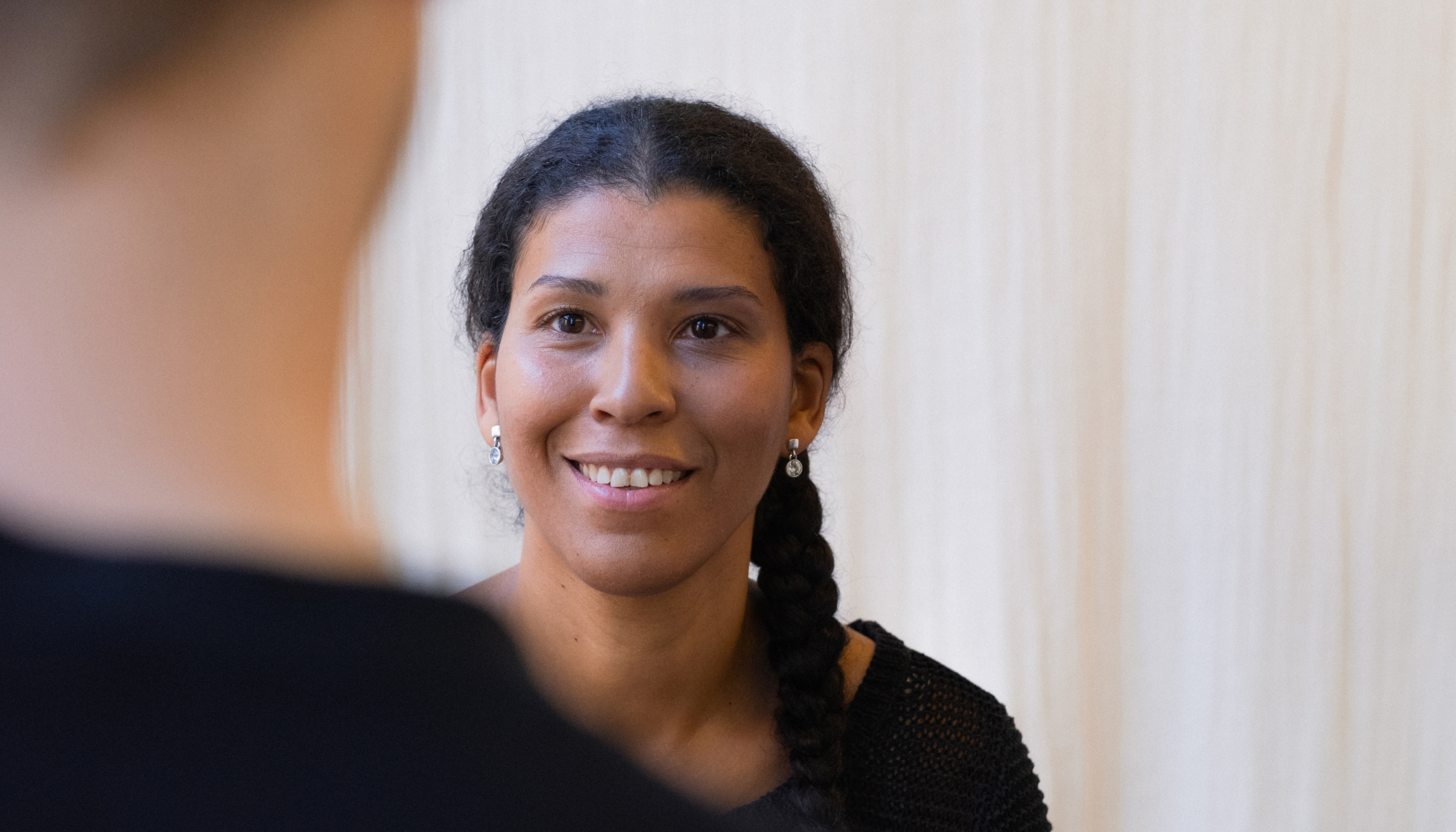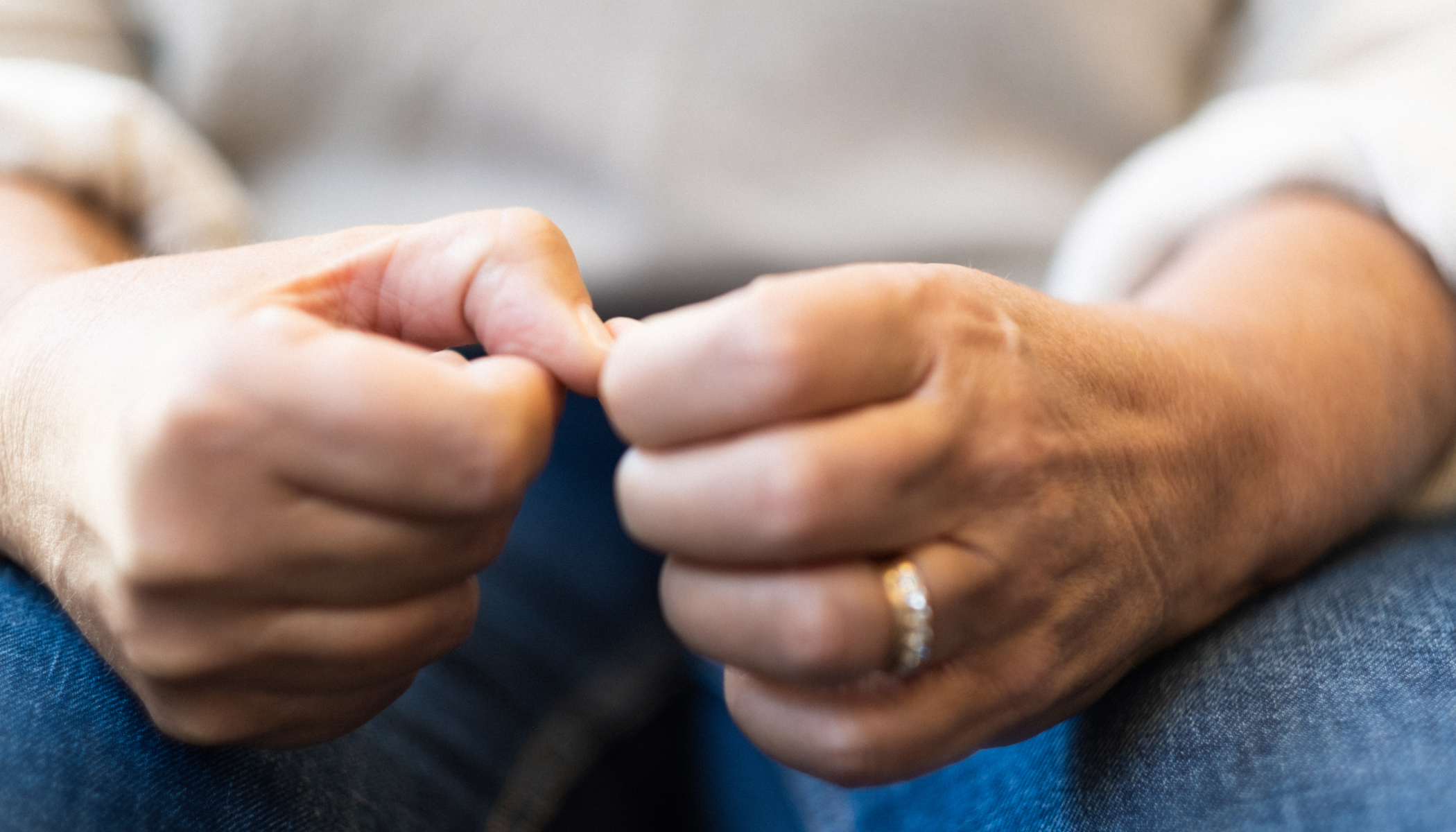Postnatal depression can affect any parent after the birth of a child. It’s thought to affect around 10-20% of new parents, and is linked to the demands of having a new baby – from the sleep deprivation to the hormonal fluctuations as a result of pregnancy and breastfeeding.
This condition was traditionally associated with women, but there’s growing evidence that it’s common for both parents, irrespective of gender. Both parents can experience significant changes in mood and emotions when there’s a new baby around.
Why do people experience postnatal depression?
Welcoming a new baby is a joyful time but it’s also a huge life change that can be difficult to adjust to. Childbirth can be a stressful life event for both parents.
Some of the lifestyle changes that come with having a newborn can be contributing factors to postnatal depression in men and women. Getting less sleep can affect our mood and the anxiety of being a new parent, new financial responsibilities and even returning to work if you choose to, can also be a factor.
It’s completely natural to have anxiety about having a new baby, whether it’s your first child or third.
If the person who gave birth is struggling with their mental health, this is likely to affect the other parent and other household members.
How common is postnatal depression in men?
Male postnatal depression affects at least 1 in 10 new dads. Research by the Fatherhood Institute shows that:
- Men in their first year of being a dad are twice as likely to get depression as the general population
- The peak time for postnatal depression in men is 3-6 months after the birth
- Around 1 in 10 men can also become depressed during their partner's pregnancy
What are the signs of postnatal depression in men?
Just like with any depression in men, male postnatal depression can show in different ways compared to women.
Behavioural signs can include:
- Mood changes including irritability, anger and frustration
- Withdrawal from family and social situations
- Relationship conflict – it’s natural for roles in a relationship to shift when people become parents, but sometimes this shift can cause problems
- Negative feelings towards the new baby, partner, or other family members
- Insomnia
- Drinking and taking drugs
- Changes in eating habits – often with weight loss or weight gain
- Loss of concentration or interest in things
Research shows that men are less likely to speak out and seek help for anxiety and depression. This means a lot of cases of male postnatal depression are going undiagnosed.
How might postnatal depression affect children?
Children can feel the effects of a change in family or household dynamics, so having a parent who’s struggling with their mental health can be really difficult.
Generally, children know when something’s wrong even if they don’t know why. Being open and honest with children in a way that’s appropriate to their age can help them understand changes that might be confusing or distressing for them.
If you show children that parents can be unwell and recover, it might even help them feel positive about seeking their own support later in life.
What to do if you think you have male postnatal depression
Depression can be an especially difficult thing to talk about when it’s associated with something that you feel you should be happy about. With a new baby in the house, there’s a lot of pressure to look after other people – the new baby and other children in the household, as well as a partner who might also be under physical and emotional strain.
But it’s always okay to admit when you need help. Talking about the problem is a good start, and can help family members understand how you’re feeling, and why you might seem ‘off’.
If you’re worried about any of the symptoms of male postnatal depression, it’s important to seek professional help as soon as possible. If you have suicidal thoughts or a family member might be in danger, call 999 or go to A&E straight away.
Call 111 if it’s not an emergency but you feel you need urgent medical help for your mental health.
How can a doctor help?
If male postnatal depression is affecting your life, a GP can be there to talk through your situation and your symptoms, and direct you to the care you need.
Treatment for postnatal depression can include talking therapy, peer support and sometimes medication, which a GP can prescribe.
This article has been medically reviewed by Dr Adenekan Oyefeso, Clinical Lead for Mental Health at Livi.


